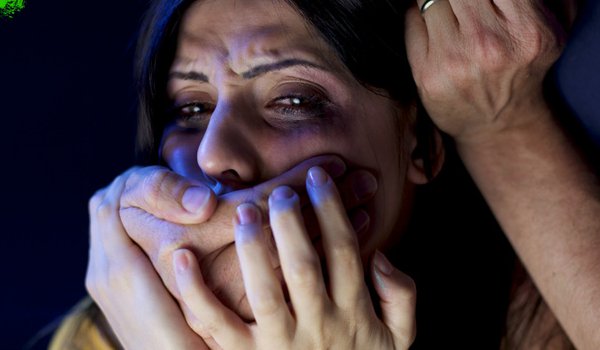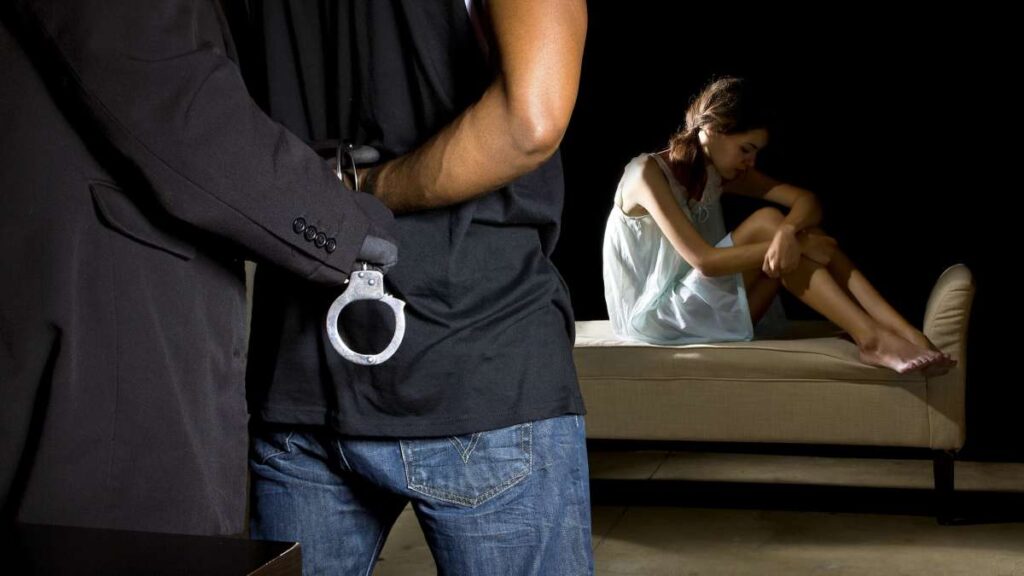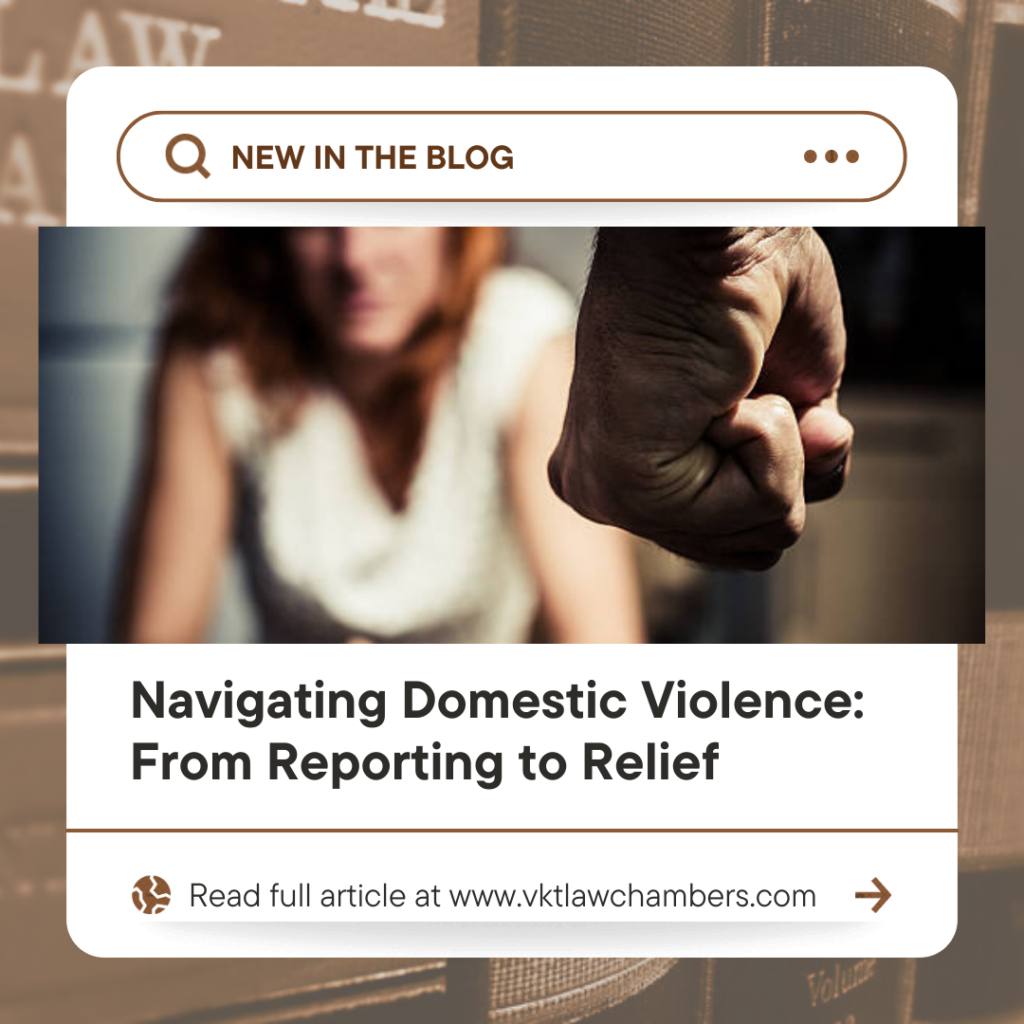In the heart of India’s bustling cities and tranquil villages, a silent struggle unfolds daily. Behind closed doors, lives are shattered by the dark specter of domestic violence. Yet, amid the pain, there is a glimmer of hope – a path to healing and justice, paved by the resilience of survivors and the steadfast support of the legal system.
Unveiling Domestic Violence:
Domestic violence isn’t confined to physical bruises; instead, it seeps into the emotional, psychological, and financial fabric of victims’ lives. Beyond the visible wounds, it’s the unseen scars that linger, leaving shattered spirits and broken dreams in its wake.
India’s Painful Reality:
Peering into the heart-wrenching statistics, we confront the grim reality. Thousands of voices cry out, more than 30% of women victims of domestic violence in five states including Kashmir, revealing the insidious presence of domestic violence. However, beneath the surface, countless voices remain unheard, buried under the weight of fear and societal pressure.

A Beacon of Light: Seeking Help
Amidst the shadows, a flicker of light emerges. A beacon of hope in the form of a legal process that seeks to mend, empower, and restore. This journey starts with the courageous step of seeking help.
- Step 1: Reporting to Local Police:
1. Approach Police Station: Visit the local police station that has jurisdiction over the area where the incident occurred.
2. Lodge Complaint: Explain the incident to the duty officer and provide all relevant details. Fill out a formal complaint form.
3. Statement Recording: The police will record your statement, including the details of the incident, the abuser’s identity, and any evidence you have.
4. FIR Registration: If the complaint warrants further action, the police may register an FIR (First Information Report) against the abuser. The FIR serves as an official record of the complaint.
- Step 2: Involvement of the CAW Cell:
1. Referral by Police: In cases of domestic violence, the police may refer the matter to the local Crime Against Women (CAW) Cell.
2. Preliminary Investigation: The CAW Cell conducts a preliminary investigation to assess the nature and severity of the complaint.
3. Counseling and Mediation: The CAW Cell may attempt to resolve the matter through counseling or mediation with the consent of both parties.
4. Referral to Court: If the matter cannot be resolved or requires further legal action, the CAW Cell refers the case to the appropriate court.
- Step 3: Legal Representation by Lawyers:
1. Consult with a Lawyer: Seek legal advice from a lawyer experienced in domestic violence cases. They will guide you through the legal process.
We at Chambers of Vivek Kumar Tandon provide comprehensive legal support in domestic violence cases. Our services include legal guidance, protection order assistance, court representation, mediation, child custody support, evidence collection, and access to resources. We prioritize your safety and well-being throughout the process.
2. Drafting the Petition: The lawyer will help you draft a petition outlining the abuse, relationship details, and the reliefs you are seeking. They will also include evidence like photographs, texts, and medical records.
3. Filing the Petition: The lawyer will file the petition in the appropriate court, such as the Magistrate’s Court or Metropolitan Magistrate’s Court.

- Step 4: Proceedings in Court:
1. Notice to Respondent: The court issues a notice to the respondent (abuser), informing them about the case and the upcoming hearing.
2. First Hearing: Attend the first hearing on the specified date. Both parties present their sides of the case.
3. Evidence and Arguments: Subsequent hearings involve presenting evidence, witnesses, and legal arguments.
4. Counseling and Mediation: The court may recommend counseling or mediation to resolve the matter amicably, if both parties agree.
5. Final Orders: After considering all evidence and arguments, the court issues a final order, which may include protection orders, monetary relief, custody arrangements, and other remedies.
6. Enforcement: If the respondent violates court orders, you can report it to the police or the court.
A Journey of Healing and Justice:
Every step in this journey is a testament to survival, a victory over darkness. The local police, along with the CAW Cell, lawyers, and the courts, converge, orchestrating a symphony of support. Together, they carve a path towards justice, proving unequivocally that no survivor walks alone.
Looking for the best legal support in domestic violence cases? Contact us today for expert assistance and compassionate guidance. Your well-being is our priority.
*Disclaimer*
If you or someone you know is experiencing domestic violence, remember that you are not alone. Seek help and support from professionals and organizations dedicated to your safety and well-being. It’s important to prioritize your safety and take necessary steps to protect yourself.
Helpline Numbers in India:
– Women’s Helpline (All India): 1091
– National Domestic Violence Helpline: 181
– Police Control Room (All India): 100
– Child Helpline: 1098
– Crime Against Women (CAW) Cell, Delhi Police: 1091 / 1291
These helpline numbers are available to provide assistance, guidance, and support 24/7. Don’t hesitate to reach out if you’re in need of help or information. Your safety matters.

